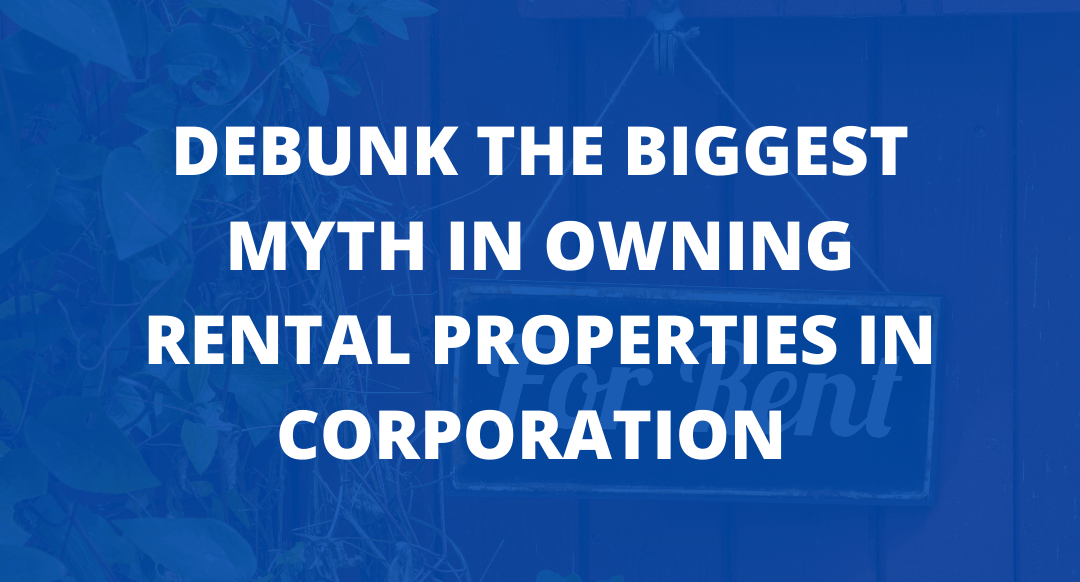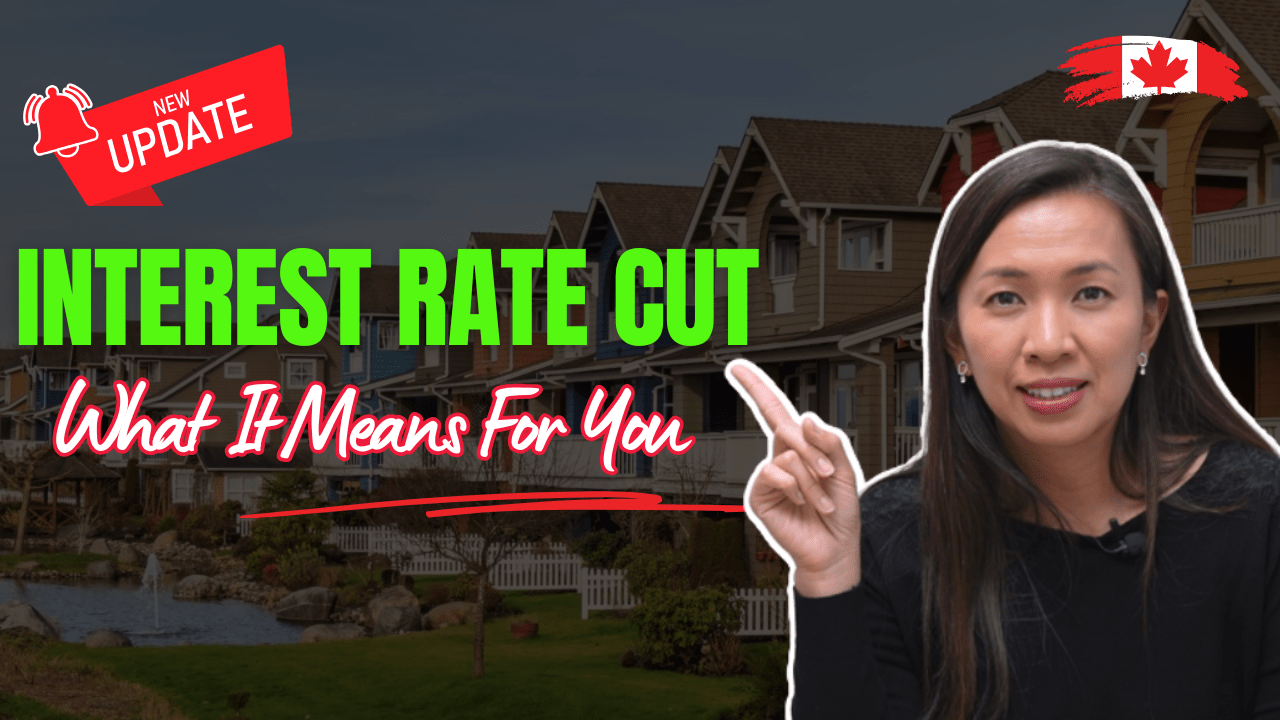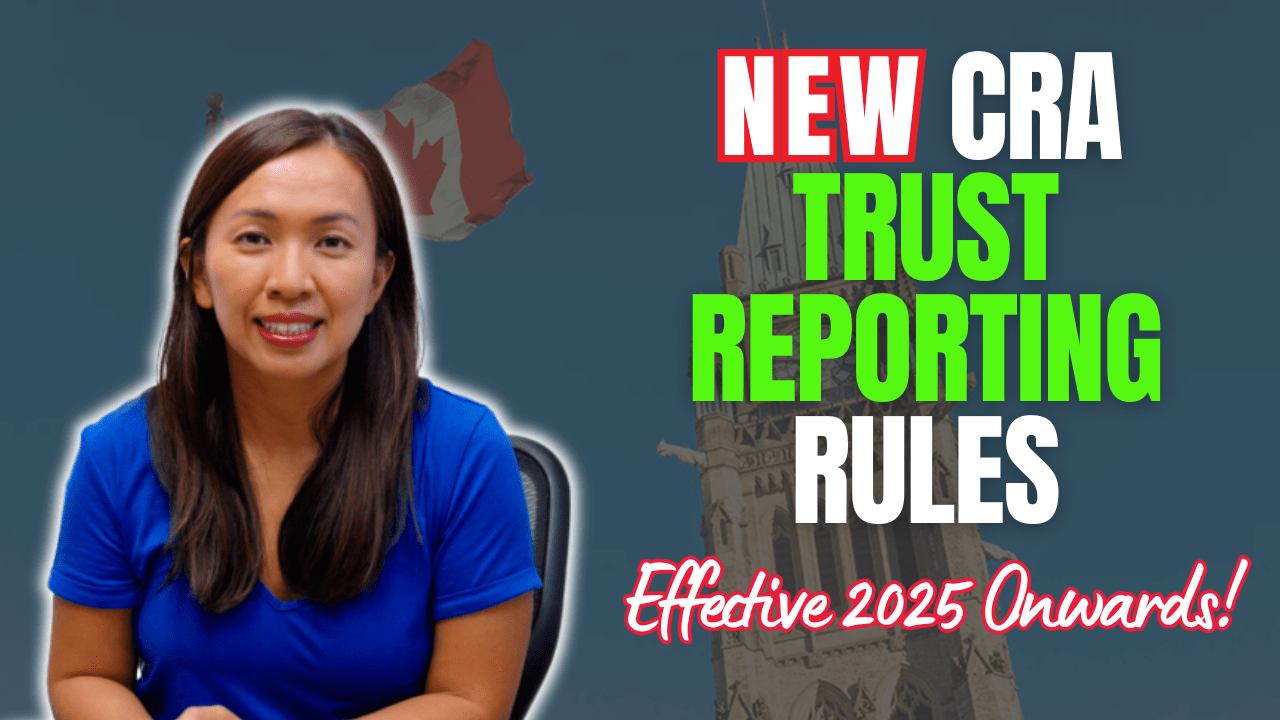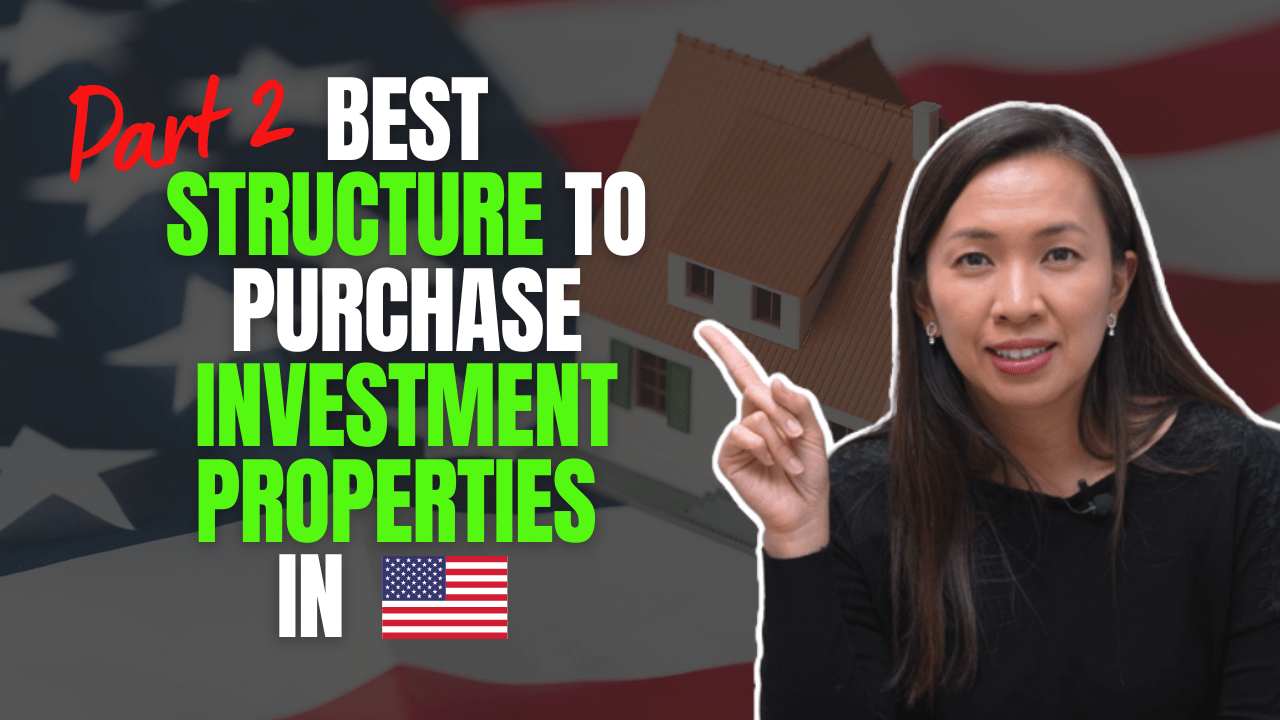When you put your name out there and share your knowledge, it’s inevitable that some other people do not agree with you.
Earlier this week, someone made a comment on my Instagram post that investors would pay double taxation if they setup a corporation to earn passive income.
I responded by explaining that the Canadian Tax system is designed with tax integration in mind. Basically, you should pay more or less the same amount of taxes whether you earn your business income/passive income in a corporation or personally, assuming that you take out all the profit from the corporation and report them personally in the same year.

Tax integration isn’t always perfect. Sometimes, you pay a couple % more. Sometimes, you pay a couple % less.
He responded by saying that he knew about tax integration and he’s a tax advisor himself. He insisted that it wouldn’t make sense to setup a corporation for people who’s already at the highest marginal tax bracket, i.e. 53.5% in Ontario.
He might be right to a certain extent, but he’s only looking at one piece of the puzzle without finding out all the facts of the individual taxpayer.
What if you flip properties and build new homes?
This tax advisor did mention that if you flip or build new homes, that’s the ONLY time it would make sense to earn the income inside a corporation.
Flips and profit from building new homes are considered active business income. Active business income is taxed at 12.2% in Ontario when it’s earned inside a corporation.
I agree with his comment 100%.
What if I have a small business in a corporation?
I own a couple of small businesses and I am funding my real estate investment using my small business income. My businesses only pay 12.2% corporation tax rate.
For every $100K I earn in the corporation, I would pay $12,200 income tax. I have $87,800 to invest in the corporation.
If I have to take out the $87,800 to my personal name to invest, I will have to pay an additional layer of personal income tax. I would have substantially less to invest if I were to invest in my personal name.
In this scenario, it would not have made sense for me to invest in my personal name.
What if you want to grow your portfolio to the next level?
Well, recently we have many clients asking us how to take their real estate investment portfolio to the next level.
They’ve started out investing in their personal names. They qualify for financing using their own income and the banks have already given them 5 mortgages.
Now they want to buy more. Most banks are saying no. ☹
They’ve hit the wall!
Buying properties directly in the corporation allows investors to borrow based on the cash flow of the properties. Mortgages on these properties are registered in the corporation’s name, increasing the investors’ capability to qualify for more mortgages.
(Disclaimer: I’m not a lawyer, this is experience talk, not advice. Consult with your bank on how to qualify for more mortgages.)
If your goal is to grow, exploring different avenue that would allow you to buy more properties is important.
Owning your properties and mortgages inside the corporation can be an option to help you getting to the next level.
What if you want limited liability protection?
Say, you have $200K sitting in your RRSP and a fully paid off primary home.
Now, you’re planning to buy a 20-unit residential building, would you be comfortable owning it in your personal name?
I wouldn’t.
If you own this property in your personal name and if you ever get sued, guess what, your personal assets can be at risk too.
Having your property inside a corporation can provide an extra layer of protection that you would not otherwise have.
Recognizing that tax cost is one piece of the puzzle is the key. There’re many factors that go into making the decision of ownership structure.
It’s irresponsible to make a blanket statement saying that earning passive income in corporation would cause double taxation, which isn’t even true, without considering the taxpayer’s objective and personal situation.
Most importantly, my Instagram post is meant to be for real estate agents who can be interested in setting up corporation, not for real estate investors.
Until next time, happy Canadian Real Estate Investing.
Cherry Chan, CPA, CA
Your Real Estate Accountant






Anne Bossy
Thank-you. Very clear and easy to understand. Greatly appreciated.